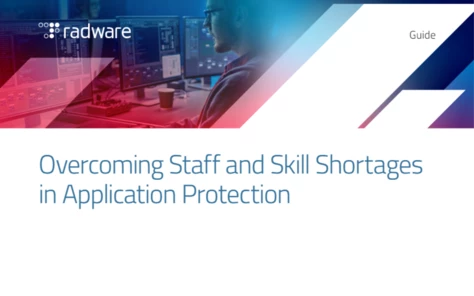What is Data Architecture? Frameworks, Principles, Examples
What happens in the aftermath of a data breach?

Optimism bias is a bittersweet trait of human nature. In our blissful ignorance, we read headlines of data breaches at an alarming frequency, but shrug it off because "it probably won't happen to me."
Facebook, Capital One, and all the other behemoths that succumbed to data breaches probably didn't think it'd happen to them either, but it did. However, the Victims of a Data Breach Club isn't exclusively for giants. Companies large and small are all on the radar of malicious actors, each of whom is waiting to pounce on your data wherever they can shoehorn themselves into your enterprise.
As defeatist and disappointing as the approach may seem, businesses should be operating as though an attack is imminent because, well, they are. To shake some of that optimism bias, enterprises should familiarise themselves with the consequences of a data breach.
What's the damage?
The financial implications of a data breach are no joke. It is every company's responsibility to compensate their customers accordingly in the event of a breach. Businesses may need to offer additional services, such as a help desk or extra customer support, in a remediation attempt. These, of course, will come with their own staffing and resource costs.
As well as honouring customers, businesses must face the regulatory music. Post-GDPR, countries in the EU can now face fines of up to €20 million – so quite the dent. Regulatory penalties are renowned for their significance and can have a lasting effect on a business. The legal consequences can also require a hefty payout in the face of a lawsuit.
Alongside the financial consequences, businesses also have to consider the significant reputational damage that comes with a data breach. Particularly where customer data is at risk, it becomes very hard to retain their trust when your business has fallen victim to such an incident. Potential customers may lose confidence in your brand, and people who didn't know your name before will now, but for all the wrong reasons.
There is no single industry in which it is 'better' to experience a data breach, but there certainly are industries in which it is worse, such as finance and healthcare. Understandably, people have special concern over their personal data in these arenas, particularly as they grow more mindful of their own data privacy. Thus, a breach for companies in these industries would do serious harm, at least for the short term.
The disruption of a data breach leads to the worst-case scenario for any business: downtime. Particularly in the face of legal investigations, operations must often come to a halt in the immediate aftermath. Of course, this is downtime is necessary to determine the extent of the damage, the source of the breach, and how best to move forward. However, every day spent doing so is a day that's costing the business money and dampening its share prices.
The road to recovery
Thus, the best advice you could receive in regard to data breaches is to not fall victim to one at all. However, if it does happen, there are some steps you can take to recover.
Like blood gushing from a wound, the first thing you must do is suppress and contain the breach. Then, you can carry out the necessary investigations to come up with a plan of action. In doing so, you must also make note of what must change to ensure the incident does not happen again.
Unfortunately, there's no avoiding it; you must contact everyone regulators and all those affected. Given that media coverage is likely, it's important that you contact the relevant people before the news tells them. Granted, customers won't be happy, but they will appreciate the honesty and proactivity.
Cooperation and communication will go a long way in the event of a breach. Promise your customers transparency in the developments of your recovery. Work with regulators and security teams to show your commitment to righting a wrong. It may take some time to get back to normal, but nobody said it'd be impossible.
How can businesses relieve themselves from the burden of data compliance and security? Find out here.
























